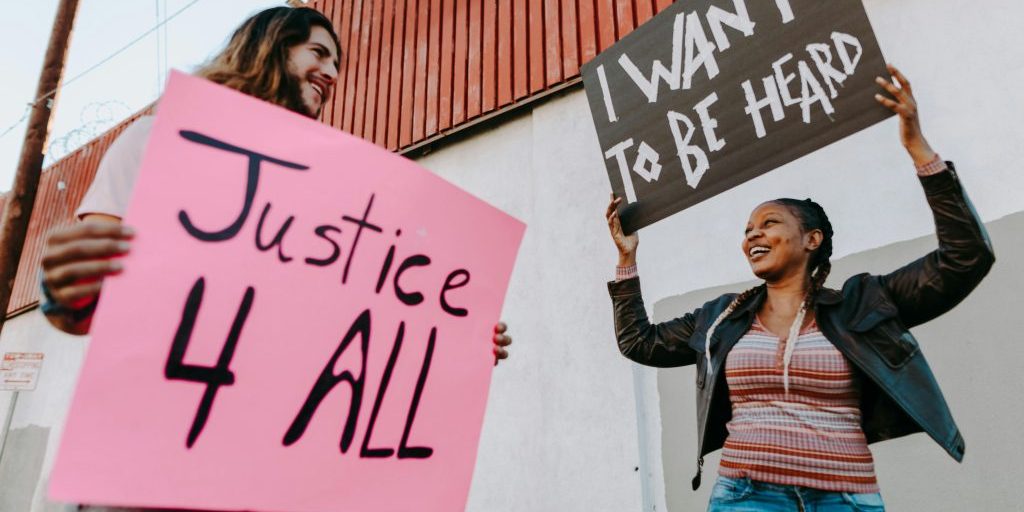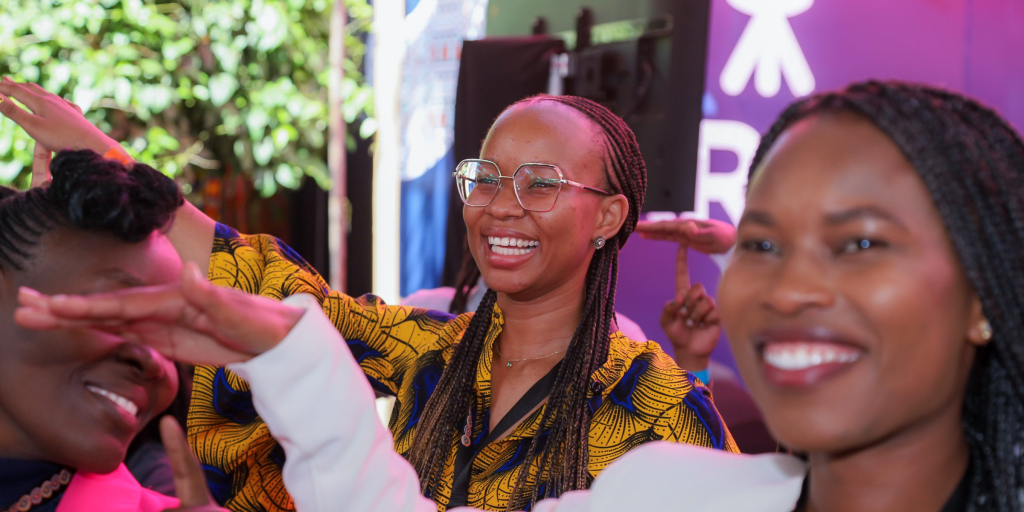Media and the law: understanding freedom of expression in Africa
The Declaration of Principles of Freedom of Expression and Access to Information in Africa was adopted by the African Commission on Human and Peoples’ Rights (the African Commission) at its 65th Ordinary Session held from 21 October to 10 November 2019 in Banjul, The Gambia.
The Declaration intended to consolidate developments on freedom of expression and
access to information guided by standards drawn from African and international human rights instruments and African judicial bodies.
It replaced the Declaration of Principles on Freedom of Expression in Africa which the African Commission adopted in 2002. That earlier Declaration elaborated on the scope and content of Article 9 of the African Charter, which deals specifically with freedom of expression.
Preparation of the 2019 Declaration was led by Lawrence Murugu Mute, the Special Rapporteur on Freedom of Expression and Access to Information in Africa, who worked closely with stakeholders from State and non-State actors to generate the concept for and to prepare the Declaration. Mute is a lecturer at the Faculty of Law, University of Nairobi, a member of the United Nations Trust Fund for Victims of Torture and a former Vice Chairperson of the African Commission.
Read the Declaration here.
The African Declaration on Internet Rights and Freedoms, adopted in 2020, is a pan-African initiative to promote human rights standards and principles of openness in Internet policy formulation and implementation on the continent.
This Declaration builds on well-established African human rights documents including the Declaration of Principles of Freedom of Expression and Access to Information in Africa, the African Charter on Human and Peoples’ Rights of 1981, the Windhoek Declaration on Promoting an Independent and Pluralistic African Press of 1991, the African Charter on Broadcasting of 2001 and the African Platform on Access to Information Declaration of 2011.
The mission of the African Platform is wide endorsement ‘by all those with a stake in the Internet in Africa and to help shape approaches to Internet policy-making and governance across the continent’.
Access to the Internet is increasing rapidly across the African continent, and many African countries ‘are transitioning from a low regulatory Internet environment to what is fast becoming a heavily regulated environment’.
The African Platform Declaration concerns itself with protecting human rights, especially against the backdrop of many governments in Africa lacking ‘both the technical and legal resources to legislate appropriately and the political will to provide comprehensive protection to human rights in context of the Internet and digital technologies’.
‘The idea for the Declaration was agreed at the 2013 African Internet Governance Forum in Nairobi, Kenya. A broader meeting was subsequently convened in Johannesburg in February 2014 to commence drafting.
A small drafters’ group was led to this effect by Edetean Ojo (Executive Director of Media Rights Agenda), their work ‘based on feedback from the wider group, online public consultation and many eminent individuals and organisations from a range of African and international stakeholders’.
Ojo contributes to numerous efforts regionally and internationally, including the International Freedom of Expression Exchange, the Media Foundation for West Africa and the Working Group on the African Platform on Access to Information. He has consulted on rebuilding the media sector in Liberia, the role of media in conflict prevention, the fight against corruption, and media law reform, building on a two‐decade career as a journalist.
The initial meeting at the 2013 African Internet Governance Forum in Nairobi, Kenya was attended, among others, by the South African Human Rights Commission.
Read the Declaration here.
- This article was compiled by Janet Smith, adjudicator at the Press Council




